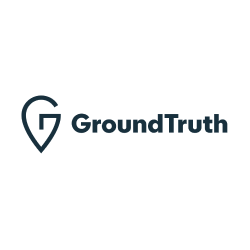Dive Brief:
- Far-right news publisher Breitbart lost 90% of its advertisers over a three-month period this year, with only 26 brands appearing on its site in May compared to 242 in March, according to MediaRadar data reported by Digiday.
- ComScore also said visitor traffic was down 13% from a year ago, per Digiday, though Breitbart's rank in the news/information category was 67th in April, comparable to being 62nd a year ago. There has been an overall trend of news sites losing traffic this year now that the presidential race is over.
- Some of Breitbart’s problems stem from grassroots movements pressuring advertisers to boycott the site over its often inflammatory political views. Digiday reported that, as of June 5, 2,200 brands along with ad tech firms including AppNexus and The Trade Desk have stopped serving ads on Breitbart, with Google and Taboola being notable exceptions.
Dive Insight:
Breitbart has had a heavily pro-Trump stance throughout his campaign for office and now his presidency, with Steve Bannon, a founding board member for the publisher, currently acting as a top advisor in the White House. The website's current troubles echo how brands have been affected by ties to Trump, however tenuous those ties might be at times. Companies including Under Armour, Uber and New Balance have all experienced consumer boycotts and strong social media backlash over perceived endorsements of the president's policies or general associations with his administration.
Beyond consumer outrage, a number of grassroots movements have put extra pressure on brands to stay away from the political sphere and overtly political publishers. Sleeping Giants, an anonymous group with a strong presence on social media, has targeted Breitbart specifically in its quest to stop "racist websites by stopping their ad dollars." On Twitter and elsewhere, the group has reached out directly to ad tech firms and advertisers alike as a sort of public calling out — a strategy that's clearly proved effective.
However, Breitbart's brand troubles began in full late last year in the aftermath of the election when marketers including Kellogg's cut ties with the publisher over differences in "values." Breitbart, seeing far stronger traffic at the time, retaliated by asking readers to do the same for the food giant.








